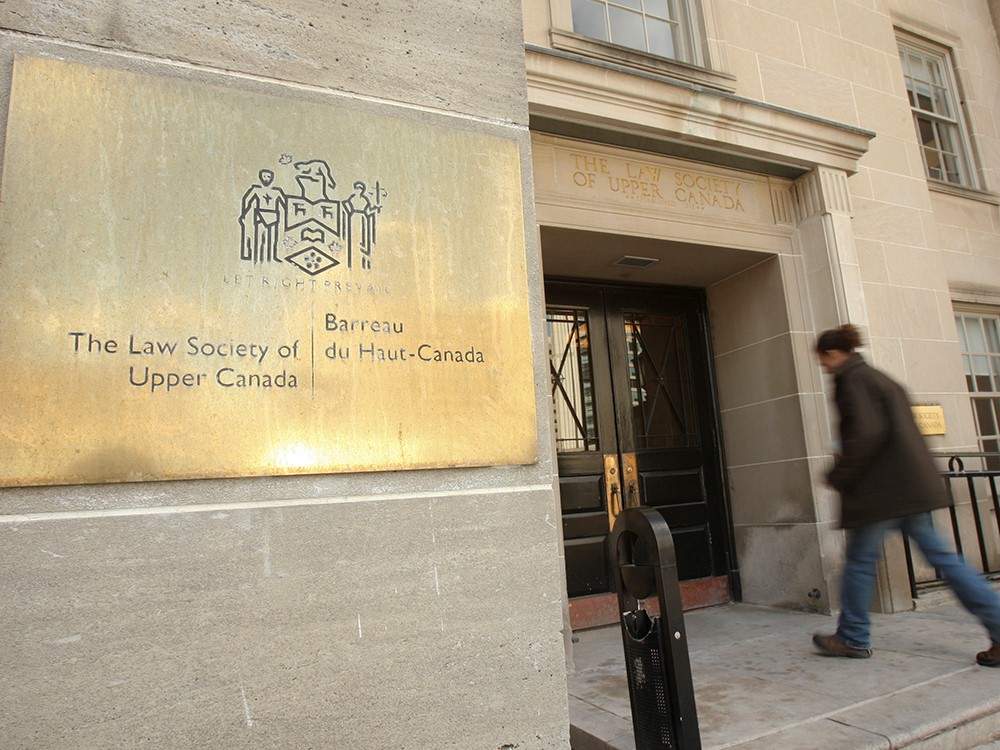LSUC votes to change its name to the Law Society of Ontario in an attempt to promote public engagement.
On November 2, 2017, a majority of 17,000 licenced lawyers voted to replace “Upper Canada” with “Ontario” in their governing body’s name. The law society officially becomes the Law Society of Ontario on January 1, 2018.
The vote resulted from a decision made by the LSUC Benchers in September to remove “Upper Canada” from the law society’s name, despite having equal parts agreement and disagreement from its licensed lawyers. According to the Strategic Communications Steering Group that led the movement, the goal of the name change is to better engage with the general public.
But what’s in a name?
It has been rightfully argued that the use of “Upper Canada” is anachronistic; the name has colonial origins that have not been used to define our province since 1841. More importantly, when the term was used, it did not include the same geographical boundaries as present-day Ontario. It is not surprising, then, that the non-legal public has been utterly confused by the role and jurisdiction of the Law Society of Upper Canada. Therefore, the argument goes, by replacing the out-dated term with Ontario, we are ensuring that the public are better engaged with the lawyers who are mandated to act in their best interest.
But was this confusion the heart of the real public engagement issue? I would argue no.
Why are Ontarians increasingly self-representing themselves in litigation? Why are fewer individuals able to afford the ever-increasing cost of a lawyer? Why does the system deter individuals of lower socioeconomic status from protecting their rights and freedoms, but has its arms wide open to the most privileged and wealthy?
Is it because most of the general public are not avid Canadian history buffs? I don’t think so.
For clarity, I am not opposed to the name change. Besides the reduction in confusion, removing the colonial term also sends a positive message to our Indigenous communities that we are finally working in allyship with them to reconcile Canada’s terrible transgressions — an important and necessary message.
However, this change comes at a time when the legal system, as a beneficial social tool, has become more and more unusable for the average individual. The rhetorical questions discussed above — arguably the most prevalent public engagement concerns affecting the legal profession — will not be addressed by simply changing names. Justice will not be more accessible because Ontarians can easily identify the governing body of Ontario’s lawyers. More must be done.
With that said, the Strategic Communications Steering Group has stated that the name change is only part of a larger initiative to increase engagement with the public. Though this provides a glimmer of hope that more change is on its way, the old-school nature of the legal profession — with its extremely sluggish pace when attempting to transform — may indicate that we will be waiting quite some time before this initiative is fully implemented and operational.
However, we should not sit back and wait. As we enter the legal profession, we have important choices to make: do we stick to the status quo, or do we advocate for helpful change within our legal system and profession in order to increase access to justice?
Hopefully the latter speaks to you, because the name is not the only thing in need of a change.
